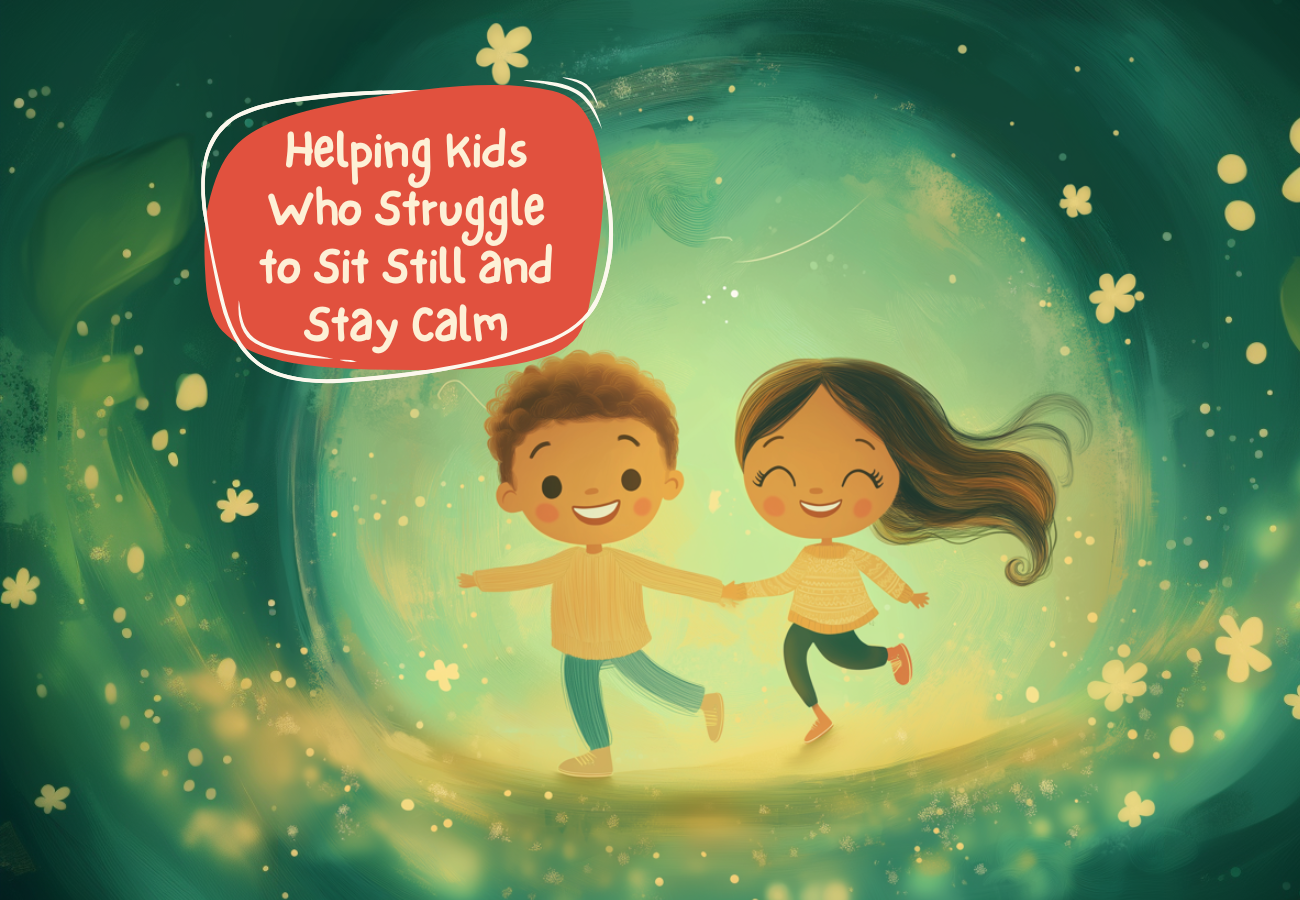The Crucial Values to Instill in Your Child by Age 10

Parents must shape their children into compassionate, resilient, and responsible individuals. The formative years, mainly by age 10, represent a critical juncture in a child’s development, offering a prime opportunity to instill essential values that will serve as the foundation for their character throughout life.
This period is a fertile ground for nurturing qualities that promote empathy, resilience, and a sense of responsibility. In this exploration, we will delve into the significance of introducing 15 fundamental values before the age of 10, drawing on extensive research to underline their lasting impact on the holistic development of our children.
Research in developmental psychology underscores the enduring influence of early experiences on shaping a child’s character. Psychologist Erik Erikson’s theory of psychosocial development emphasizes the critical role of the “industry vs. inferiority” stage, which corresponds to the age range of 6 to 12 years.
During this stage, children develop a sense of competence and mastery, laying the groundwork for their self-esteem and resilience. Introducing values such as perseverance and a strong work ethic at this stage contributes significantly to the development of a resilient mindset, as validated by the works of psychologists like Carol Dweck and Angela Duckworth and their research on grit and growth mindset.
Empathy, another cornerstone value, finds its roots in early childhood experiences. The renowned psychologist and child development expert Jean Piaget emphasized the importance of moral development in children. His research suggests that by age 7 to 10, children enter the “concrete operational stage,” during which they become more capable of understanding and appreciating the perspectives of others. Instilling empathy during this crucial period lays the groundwork for healthy social relationships and compassionate behavior, aligning with contemporary research on the importance of social-emotional development in children.
Responsibility, a value integral to character development, has been extensively studied in the context of parenting and child psychology. Psychologist Diana Baumrind’s groundbreaking research on parenting styles highlighted the significance of authoritative parenting, characterized by a balance of warmth and discipline. This approach fosters a sense of responsibility in children as they learn the importance of accountability and contribute to developing a solid moral compass.
Furthermore, integrity, honesty, and gratitude have been subject to empirical investigation, with studies consistently demonstrating their positive impact on overall well-being and life satisfaction. Psychologist Robert Emmons, a leading expert on gratitude, has shown that practicing gratitude early enhances emotional resilience, promotes a positive outlook on life, and contributes to a grateful disposition.
Kindness
Teaching kindness from a young age lays the foundation for positive social interactions. Children learn to consider others’ feelings and create a harmonious and inclusive environment by fostering empathy and understanding.
Developing a close bond with your child enhances their capacity for kindness and empathy. If you’re looking for more ways to deepen your connection, here are 5 simple activities to help you bond more with your kids.
Check our articles about Kindness:
- “The kindness calendar adventure for kids”
- “Kindness is my superpower” book
- “15 Kindness quotes for kids and why you need them”
- “Kindness activities and craft ideas for preschoolers”
- “Kindness coloring pages: how it works”
Respect
Introducing the value of respect early helps children appreciate diversity and differing opinions. This lays the groundwork for strong interpersonal relationships, teaching them to value everyone’s perspectives and treat others with dignity.
Check my articles about respect:
Responsibility
Children learn to understand the consequences of their actions by instilling a sense of responsibility. Taking ownership of their choices and actions fosters accountability, a crucial personal and social development trait.
Check my articles about responsibility:
Gratitude
Gratitude is a powerful tool for promoting emotional well-being. Teaching children to express thanks for the people and things around them encourages a positive mindset, contributing to overall happiness and contentment.
Check my articles about Gratitude:
- “Gratitude is my superpower” book
- “How to raise a grateful kid using activities”
- “Simple way to teach children to be thankful through games”
Honesty
Honesty is the bedrock of trust. By emphasizing the importance of truthfulness, children develop integrity and build trust with those around them, setting the stage for healthy relationships.
Check my articles about Honesty:
Perseverance
Life is full of challenges, and instilling perseverance equips children with the resilience to overcome obstacles. Understanding that setbacks are a part of life encourages a growth mindset and a determination to succeed.
Sample activities:
To instill perseverance in children, engaging them in purposeful and enjoyable activities can make learning more effective. Here are some simple yet impactful activities to foster perseverance in young minds:
- Planting and Gardening
Cultivate a small garden together. Planting seeds and watching them grow into plants teaches children about patience and the importance of nurturing over time. Discuss the daily care required, emphasizing the reward of a blooming garden due to consistent effort.
- Artistic Endeavors
Engage in art projects that require patience and multiple steps. This could include drawing, painting, or crafting. Encourage your child to stick with the creative process, even when faced with challenges or mistakes. Emphasize that improvement comes with practice and dedication.
- Reading Challenging Books
Choose books that are slightly above your child’s current reading level. Reading together and discussing the story can help them persevere through challenging texts. This enhances their reading skills and instills the idea that tackling difficulties can lead to personal growth.
- Outdoor Exploration
Plan nature hikes or outdoor activities that present physical challenges. Whether climbing a hill, crossing a stream, or navigating uneven terrain, these experiences teach children to persevere through physical challenges, fostering resilience and determination.
Remember to adapt these activities based on your child’s interests and developmental stage. The key is to create opportunities for them to face challenges, experience setbacks, and learn the value of perseverance in a supportive and nurturing environment.
Teamwork
The ability to work collaboratively is a vital skill. Introducing teamwork early on helps children appreciate the power of collective effort and fosters strong communication and cooperation skills.
Courage
Teaching children to face fears and challenges with courage instills resilience. This value empowers them to step outside their comfort zones, fostering a mindset that embraces learning and growth.
Compassion
A compassionate heart is a gift that keeps on giving. By exposing children to the struggles of others, they develop empathy and a sense of responsibility towards making the world a better place.
Self-discipline
Introducing self-discipline early helps children learn to manage their impulses and make thoughtful decisions. This value is crucial for academic success, personal development, and well-being.
Optimism
An optimistic outlook on life contributes to emotional resilience and a positive mindset. Teaching children to focus on solutions rather than problems equips them with a valuable life skill.
Tolerance
Cultivating tolerance from a young age helps children appreciate diversity and navigate a multicultural world with open-mindedness. This value promotes inclusivity and a sense of global citizenship.
Generosity
The joy of giving is a lesson that lasts a lifetime. Teaching children to share and be generous instills a sense of community and encourages a spirit of kindness and compassion.
Humility
Humility promotes healthy self-esteem. Children develop a balanced sense of self-worth by appreciating their strengths and weaknesses and fostering positive interpersonal relationships.
Environmental Responsibility
Teaching children to be environmentally responsible is crucial in an era of environmental challenges. Instilling awareness about ecological footprints and the importance of sustainable choices helps create ecologically conscious citizens.
At last
Introducing these 15 values to children before age 10 is not just about shaping their character; it is an investment in the future. By imparting these essential principles, parents lay the groundwork for emotionally intelligent, socially responsible, and compassionate individuals who will positively impact the world. As we guide our children, let’s remain steadfast in nurturing these values, ensuring they grow into tomorrow’s empathetic and resilient leaders.
In conclusion, the period before age 10 serves as a crucial window of opportunity for instilling core values in our children, paving the way for their future development. Grounded in the research of prominent psychologists, these values encompass resilience, empathy, responsibility, integrity, honesty, and gratitude, among others.
By integrating these values into our parenting approach during this formative stage, we lay a solid foundation for our children’s holistic development, equipping them with the tools they need to navigate life with compassion, resilience, and a strong sense of responsibility.
More articles

Tips for Parents to Boost Their Child’s Communication Skills at Home
Effective communication forms the foundation of a child’s academic success, social relationships, and emotional well-being. However, for many children, mastering these skills presents a significant challenge. According to recent data, nearly 1 in 12 U.S. children aged 3–17 has experienced a disorder related to voice, speech, language, or swallowing within the past year. Among them, […]

Helping Kids Who Struggle to Sit Still and Stay Calm
Some children move through the world with nonstop energy that rarely seems to slow down. They bounce, fidget, tap their feet, or speak out when quiet is expected. These behaviors can feel overwhelming for parents, teachers, and caregivers trying to create calm. Is the child being defiant or simply overstimulated? Are they anxious, under-challenged, or […]

Teaching Kids to Celebrate Differences Through Books
Why Books Matter in Teaching Kids About Differences Teaching kids to celebrate differences through books is one of the most effective and natural ways to build a more inclusive future. Stories have long served as windows into other lives, cultures, and perspectives. When children read books that highlight diversity, inclusion, and empathy, they begin to […]



